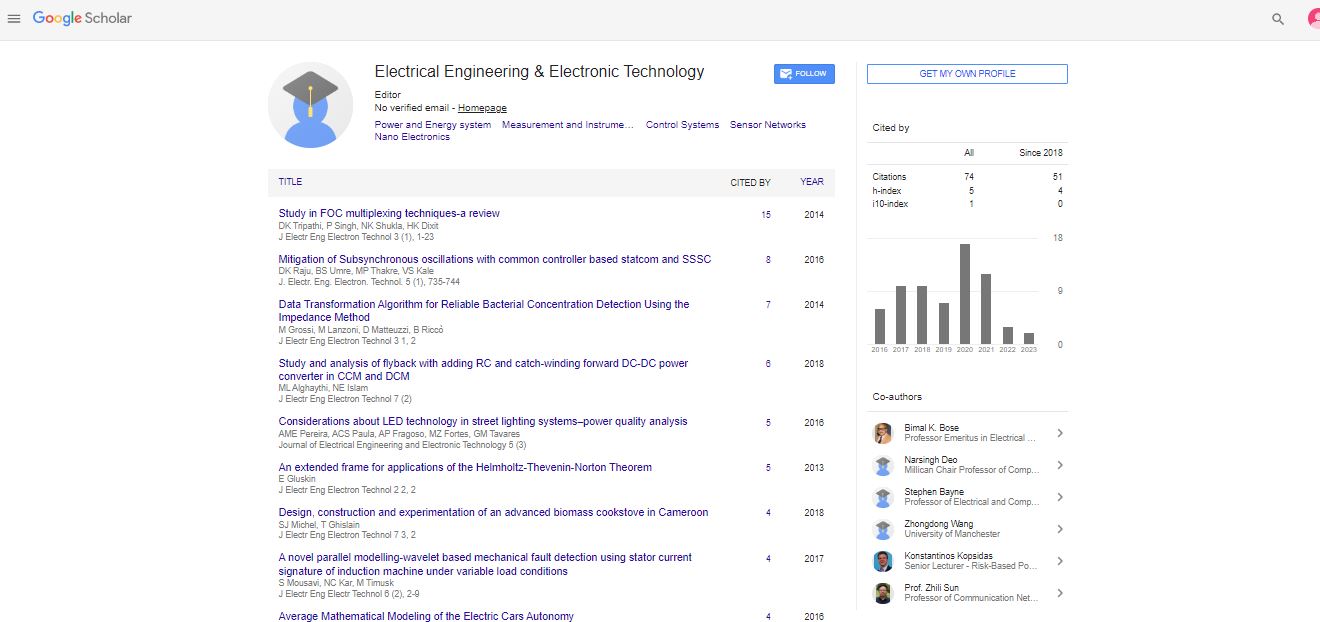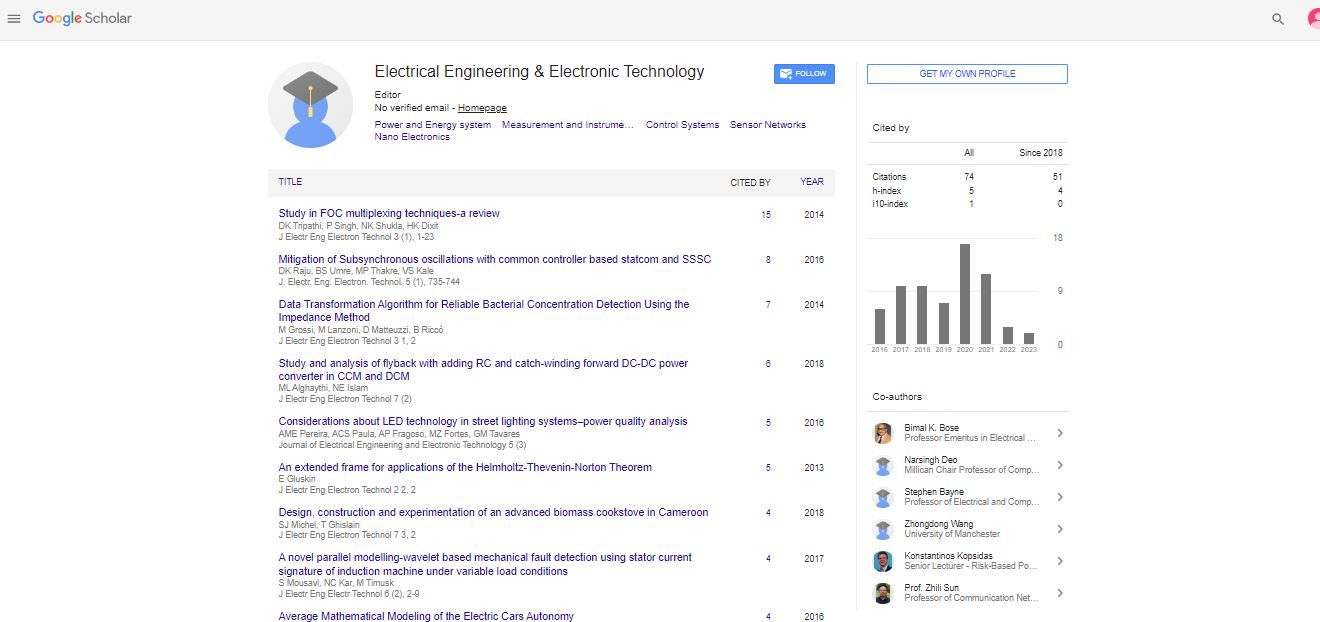Solving stochastic optimization by shaping the probability density function of cost functions and constraint equations
Hong Wang
Pacific Northwest National Laboratory, USA
: J Electr Eng Electron Technol
Abstract
Optimization of the operation of complex dynamic systems such as power grid and manufacturing systems has been an important subject of study over the past many years, where the challenge is that both the cost function and the relevant constraints are stochastic by nature as these systems are generally subjected to random disturbances and inputs from various sources. The existing theory has been to minimize the mean value of the cost function and typical examples are the chance constrained optimization and optimal control in stochastic control system design. However, these existing results would only lead to a partly optimized effect as the performance function is in fact a random variable whose total information should be represented by its probability density function (PDF). As such, only mean-value based optimization does not generally lead to reliable and robust optimization. To solve the above challenging problem, a novel optimization method is presented here that aims at shaping the PDFs of the cost function and the constraints for the concerned stochastic optimization problem. For this purpose, at first a discussion is made on an architecture that reveals the equivalence between optimization and closed loop feedback control design, where it has been shown that all the optimization problems can be transferred into some specific closed loop control design problem. Using such a framework, the original stochastic optimization problem has been formulated so that both the cost function and the constraints can be represented as non-Gaussian random processes with well-defined PDFs that can be evaluated as functions of the concerned decision variables using the statistic information of the random disturbances and noises. By minimizing the functional distance between a pre-specified-function and the PDFs of the cost function and constraints equations, a novel solution has been established for the required cost function PDF shaping using stochastic distribution control theory originated by the presenter, so that cost function PDF is made as left and as narrowly distributed as possible in its definition domain after the optimization procedure. Indeed, “as left as possible” means that the cost function is minimized and “as narrow as possible” indicates that the optimized cost function has minimum uncertainties and randomness. This would produce a total and generalized solution for any stochastic optimization with high reliability. Moreover, a sufficient condition has also been derived that guarantees the convergence of the optimal solution for a sequence of crispy decision variables and discussions have been made for both the total probabilistic solution and chanced constrained optimization which have been well-studied in optimal power flows (OPF) area. Minimum entropy based optimization has also be included that provides an effective alternative to the PDF shaping based optimization. A simple simulated case study will be included to show the use of the proposed algorithm for optimized solar-to-grid integration.
Biography
Hong Wang has received his PhD from Huazhong University of Science and Technology, China in 1987. He had been a Full Professor with the University of Manchester, UK for more than 14 years before he joined PNNL as a Chief Scientist and Lab Fellow in 2016. His research is on advanced controls and optimization for complex systems and has published over 300 papers. He originated the research on stochastic distribution control where the main purpose of control input design is to make the shape of the output probability density functions to follow a targeted function. This area has found wide applications in modeling, data-mining, signal processing and optimization. He is an Editorial Member for 7 control journals and is a member of 3 IFAC committees.
 Spanish
Spanish  Chinese
Chinese  Russian
Russian  German
German  French
French  Japanese
Japanese  Portuguese
Portuguese  Hindi
Hindi 
